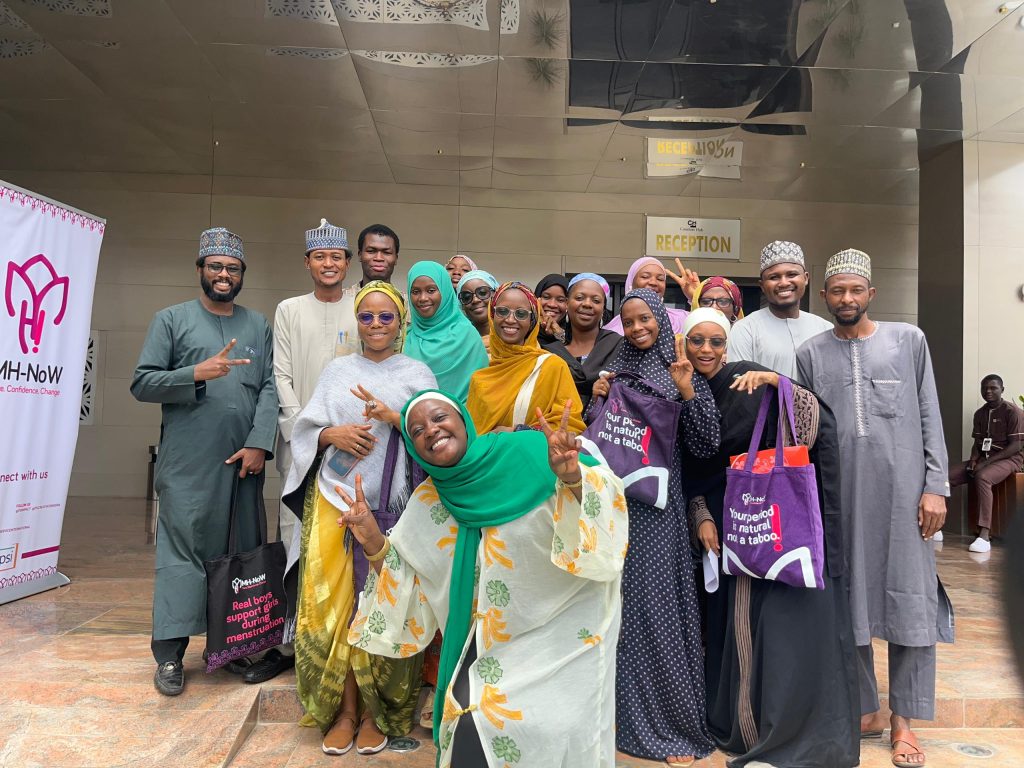Khadijah Aliyu
Women have been advised to desist from using rags, mattresses, and tissue paper during their menstrual periods to promote hygiene and prevent health complications.
The Kano State Support Officer for the Menstrual Hygiene Now (MH-NoW) initiative, Amina Sabiu Musa made the call during a menstrual hygiene workshop for media professionals and social media influencers held in Kano.
PSI Nigeria Launches Menstrual Health Project in Kano State
According to her, the MH-NoW project targets 200,000 girls and young women aged 10 to 24 and aims to address menstrual poverty across Nigeria.
She explained that the initiative, implemented by Population Services International (PSI) Nigeria, will engage distributors of reusable sanitary pads to help reduce the burden of menstrual poverty.
“The project is being implemented in several Nigerian states, with focus on students and young women in 15 communities across Ghari, Tsanyawa, and Nasarawa local government areas in Kano,” Amina stated.
An Cire wa Dalibai Mata 125 Kaya a Makaranta Saboda Jinin Al’ada
She emphasized the importance of breaking the silence and stigma around menstruation through open discussions.
“We have trained school champions, community champions, and now media champions to spread awareness and challenge myths and misconceptions,”
Also speaking at the event, the Deputy Director Research and Statistics Kano State Ministry of Women Affairs, Children and Disabled, Alhaji Zubair Abdulmumin Zubair urged parents to prioritize menstrual hygiene by providing sanitary pads and proper guidance to their daughters.
He expressed concern over reports that many female students miss school during their periods due to a lack of access to sanitary products and WASH (Water, Sanitation and Hygiene) facilities.
“The proper use of reusable sanitary pads can significantly reduce menstrual poverty and improve the health and dignity of girls and women,”
He called on men, parents, husbands, and all stakeholders to debunk harmful myths about menstruation and support menstrual education.
“Men must also be educated about menstruation so they can understand the emotional and physical changes women experience during their periods,”
Some of the participants Aminu Abdullahi, Hannatu Sulaiman Abba and Maimuna O. Yusuf described the workshop as apt.
As media champions, they promised to cascade the training to others and use their various platforms to Adobe for menstrual hygiene.
The workshop drew a large turnout of participants from print, broadcast, online, and social media platforms.




